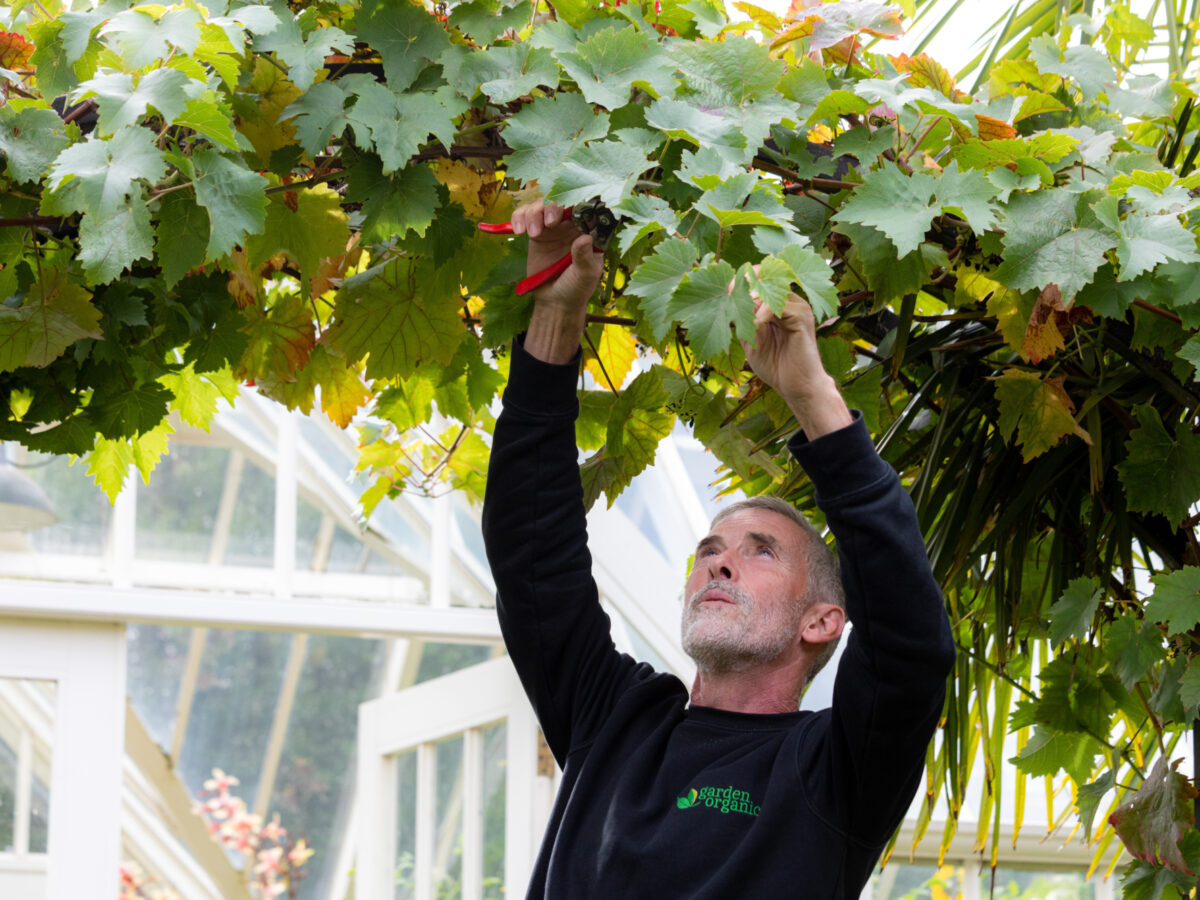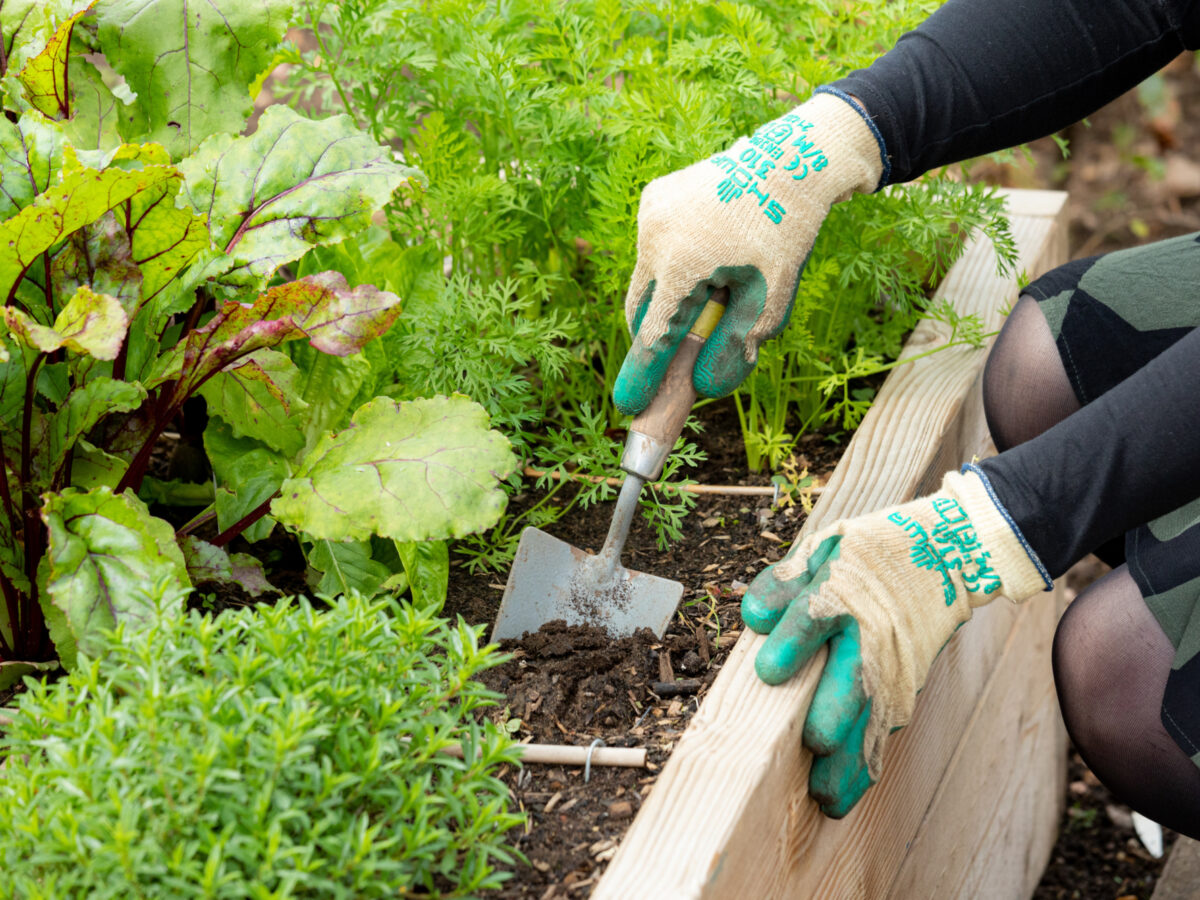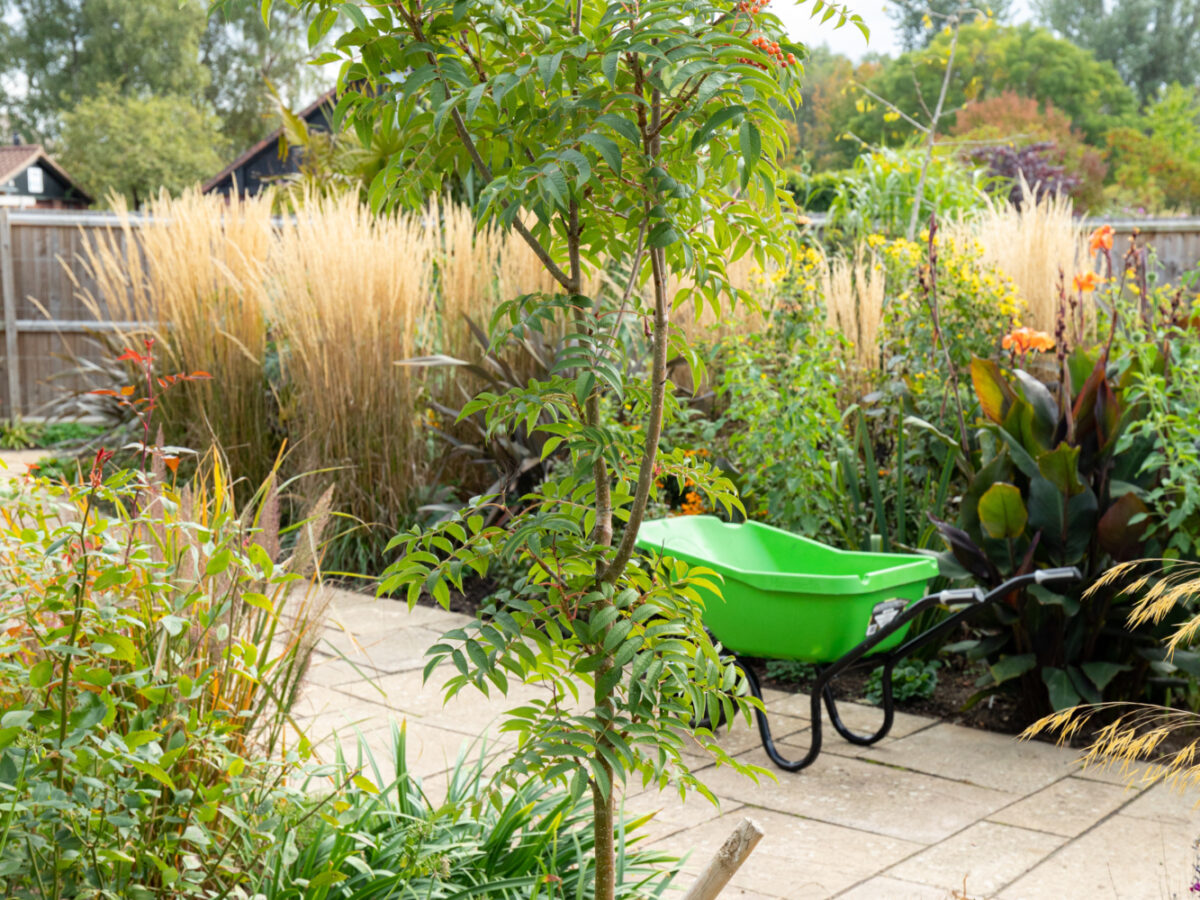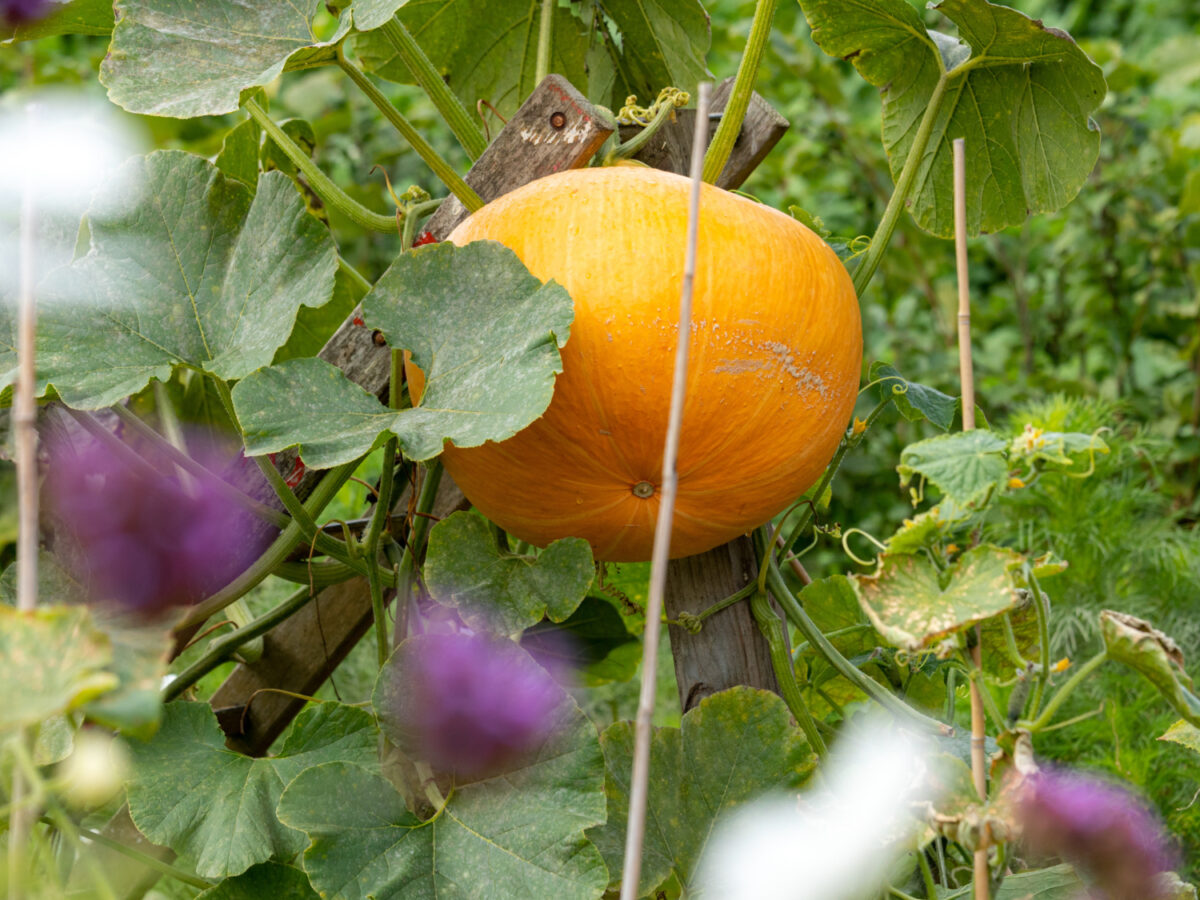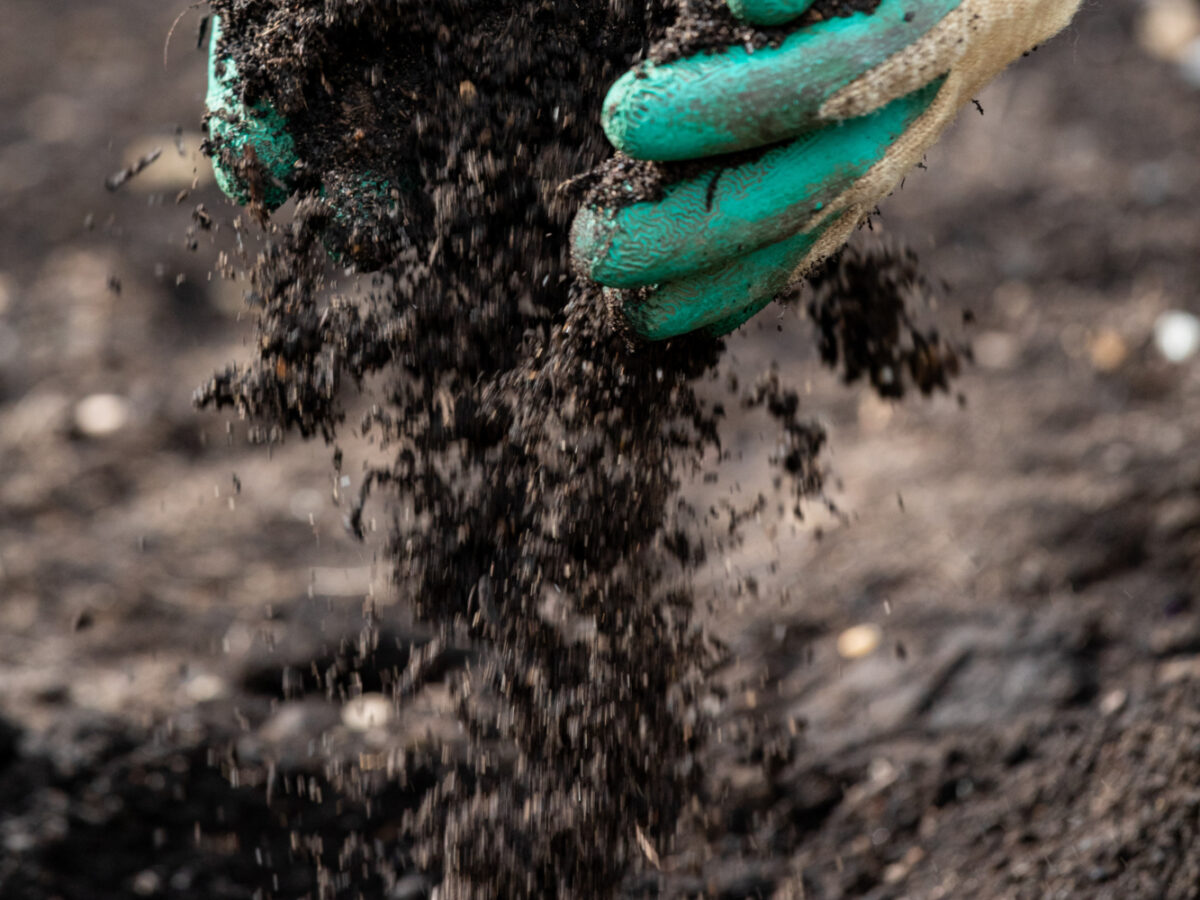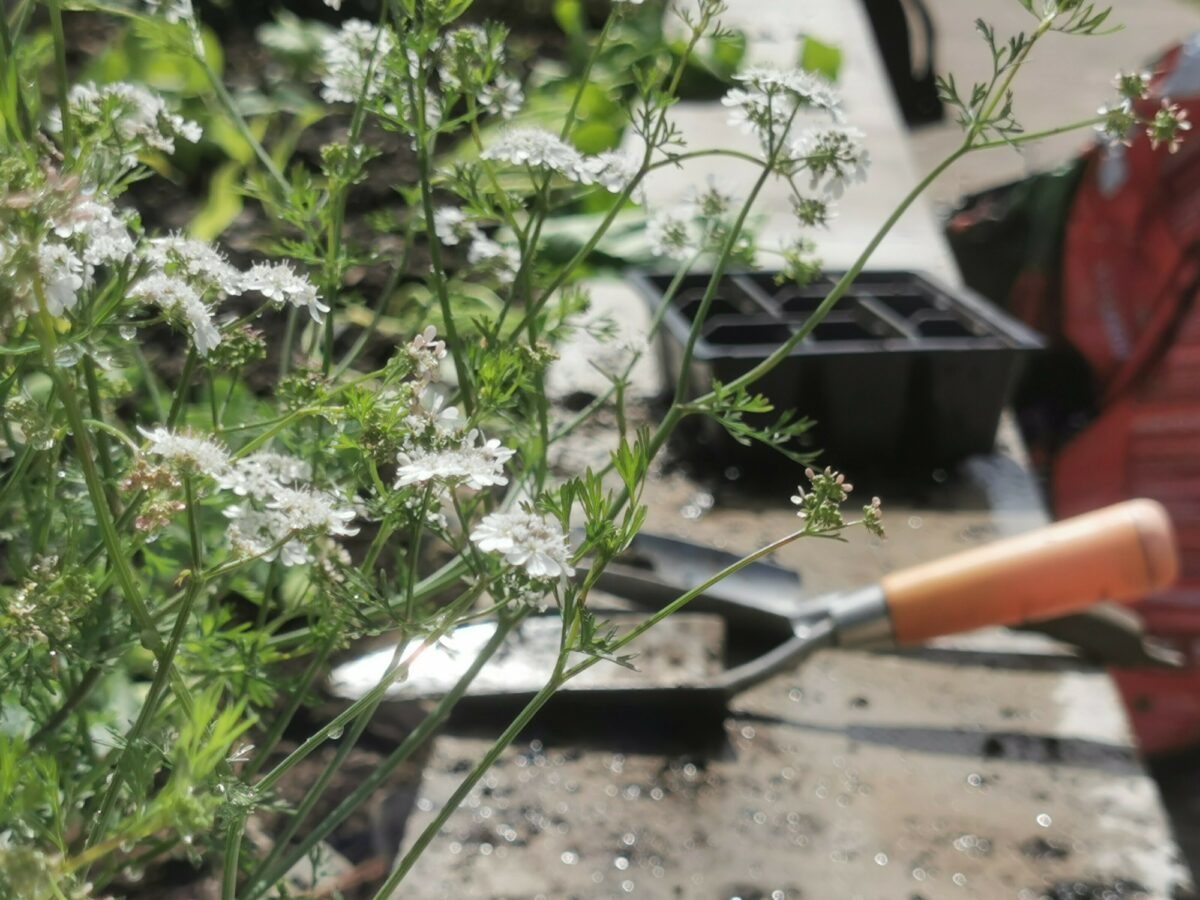
Young Horticulturist of the Year Competition 2017 launched
This year the Young Horticulturist of the Year competition returns to its roots for the 27th annual competition final. The Grand Final is to be held on May 6th at the University Centre Shrewsbury.
